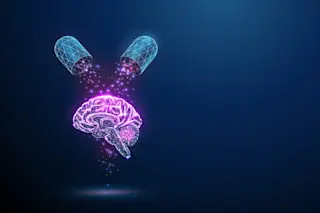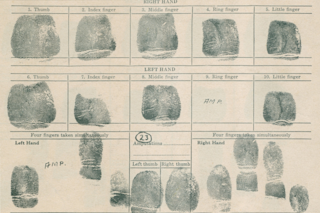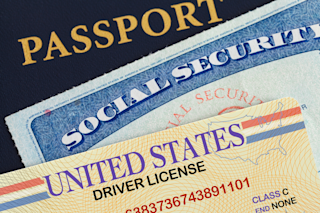Is Obama-mania located in a specific part of the brain? Does devotion to McCain spring from a different lobe? Last night, a packed crowd gathered to discuss this question at the NYU event, "Your Brain on Politics: The Neuroscience of Elections." The headliners were three NYU psychology professors—John Jost, David Amodio, and Elizabeth Phelps—who presented their research on what brain biology can tell us about political views. Jost started off by discussing the "Big Five Model of Personality," which, according to his results, offers clues about the minds of hardcore liberals versus their conservative counterparts. He found that liberals ranked themselves consistently higher on the "creativity and openness to new experiences" scale, while conservatives did the same for "conscientiousness and order & discipline/rule following." These traits also manifested themselves in the subjects' "behavioral residue," with liberals having more colorful and cluttered bedrooms and offices while conservatives' spaces were tidier and ...
How Much Does Your Brain Control How You Vote?
Explore the neuroscience of elections and how it influences political views and voter behavior amidst perceived threats.
More on Discover
Stay Curious
SubscribeTo The Magazine
Save up to 40% off the cover price when you subscribe to Discover magazine.
Subscribe












